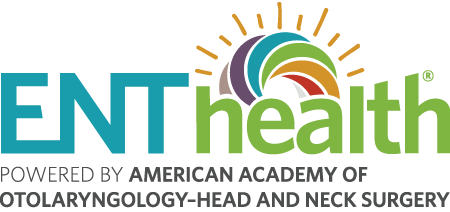Allergen immunotherapy (AIT) is a type of treatment used to reduce allergy symptoms and improve quality of life.
Latest Research & Guidelines

Frequently Asked Questions (FAQs) about Allergen Immunotherapy
Allergen immunotherapy (AIT) is a type of treatment used to reduce allergy symptoms and improve quality of life.
FAQs Comparing Nonopioid and Opioid Medications
From the Clinical Practice Guideline: Opioid Prescribing for Analgesia after Common Otolaryngology Operations, this information provides answers to frequently asked questions comparing nonopioid and opioid medications.
Nasal Packing: FAQs for Nosebleed Patients
Your nasal packing will stay in place for a time agreed upon with your healthcare provider. Typically, it should be in place for no longer than five days.
Nosebleed FAQs
Nosebleeds can be prevented by avoiding nose-picking or blowing the nose too hard. Keeping your nose clean and moist with nasal saline (saltwater) and gels can also help.
Treating Acute Bacterial Rhinosinusitis (ABRS)
Adult sinusitis is often called a sinus infection. A doctors may refer to a sinus infection as rhinosinusitis (pronounced rhi-no-sign-you-side-tis).
Diagnosis of Acute Sinusitis
Sinusitis, or rhinosinusitis, affects about 1 in 8 adults annually and generally occurs when viruses or bacteria infect the sinuses and begin to multiply.
FAQs: Rhinoplasty Patients with Obstructive Sleep Apnea (OSA)
Read frequently asked questions about rhinoplasty for patients with Obstructive Sleep Apnea (OSA).
FAQs: Rhinoplasty Patients
It is not unusual to have swelling and perhaps bruising, depending on the type of rhinoplasty. It may take about seven to 10 days for bruising to resolve.
FAQs: Rhinoplasty Patient Pain Management and Discomfort
Learn more about how to effectively manage rhinoplasty patient pain and discomfort.

